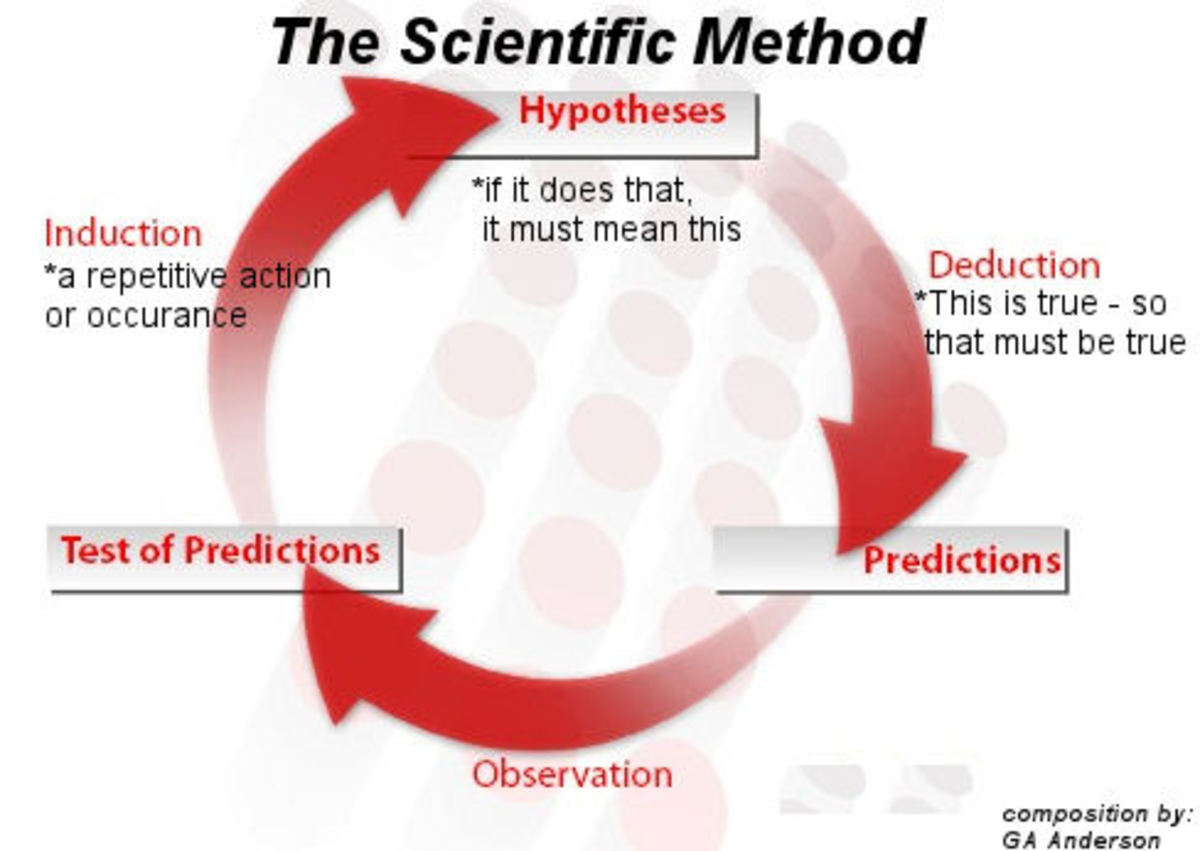Analyzing Aristotle's Account of Deliberated Desire: Prohairesis
Prohairesis
Aristotle gives his first account of deliberated desire in Book III of his Nicomachean Ethics. Deliberated desire comes from prohairesis or deliberated choice. Aristotle’s account of deliberation (bouleusis) is a theory of the transmission of desire. Only after one partakes in the process of deliberation can prohairesis be achieved.
The reason the deliberation begins when an agent has a desire or wish for an object. “The wish motivates the agent to engage in a process of deliberation whereby he considers how to obtain his desired goal” (Lear 144).
In consideration of how to obtain his goal, the agent then proceeds to reason backwards from the desired goal through a series of steps which he thinks will best lead to the obtaining of the goal. Once the agent has reasoned backwards to a point of action which he has the power to perform, prohairesis has been achieved.

Deliberation
Aristotle states that desire is transmitted in each step of the reasoning process through deliberation. “Deliberation is not merely an intellectual process by which an agent realizes how to act; it is a transmitter of desire” (145). Aristotle uses the term deliberation to describe a special sort of reasoning in which desire is transmitted from the premises to the conclusion.
It is important to note that once the agent has deliberated a certain course of action and has decided that this course leads to the best action for the agent, it is not always the case that the agent will take this course. This often occurs either because a weakness of will or because the agent has used the deliberation to reach an end rather than a means to an end.
To further elaborate, Lear uses the example of Paul who is attempting to achieve the good life. He knows that if he becomes a lawyer, then he will live the good life. However, Paul has no desire to practice law. So, even though Paul knows he can live the good life if he is a lawyer, he may not achieve this end by these means, as these means have no direct relation to the end for Paul.

Deliberated Desire
So, we find that a deliberated choice comes from a desire and that choice results in a deliberated desire. The deliberation is a process of reasoning backwards from the end goal, with that desire being transmitted through each deliberated step, to an initial action that the agent has the power to perform. We also find that the agent may not perform such an action if he has a weakness of will or if there is no particular relation between his means and his end. In any case, Aristotle states that deliberated desire is a form of intellectual reasoning with the self. If this reasoning is done well, then the agent will achieve that which he has desired all along.
Aristotelian Prohairesis
© 2020 JourneyHolm








